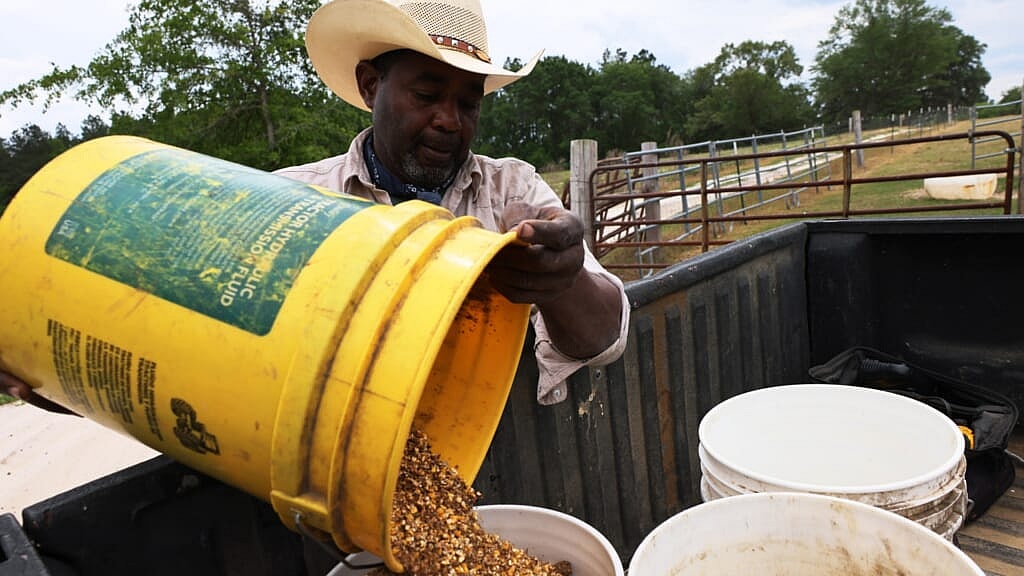The U.S. Department of Agriculture Farm Service Agency today published the first notice of funding availability, which makes loan payments available for eligible borrowers with qualifying direct farm loans under the American Rescue Plan Act Section 1005.
The support payments for minority farmers provide $4 billion for the USDA to pay up to 120% of loan debt.

USDA expects payments to begin in early June and continue on a rolling basis. A subsequent notice addressing guaranteed loan balances and direct loans that no longer have collateral and have been previously referred to the Department of Treasury for debt collection for offset will be published within 120 days.
“The American Rescue Plan provides USDA with a new set of tools to increase opportunity, advance equity and address systemic discrimination in USDA farm loan programs, beginning with this historic debt relief for socially disadvantaged farmers and ranchers,” said Agriculture Secretary Tom Vilsack.
Read More: A Soul Prophecy: How ‘What’s Going On’ still, sadly, resonates 50 years later
“USDA is focused on carrying out loan payments to qualified borrowers in a timely, responsible manner beginning in June,” he continued. “Moving forward, we will devote ourselves to ending discrimination wherever it exists at USDA and working like never before to gain the trust and confidence of America’s farmers and ranchers.”
The American Rescue Plan determined that many African American producers, Latino or Hispanic, American Indian or Alaskan Native producers, Asian Americans, plus Hawaiian or Pacific Islanders are defined as “socially disadvantaged” farmers. Unlike many other “minority” benefit programs, white women are not eligible for this program.
Read More: Detroit boy, 12, mauled by dog after saving younger siblings
More than 14,000 farmers who have outstanding loans identify as socially disadvantaged, particularly in states that have large Native American populations. According to one report, Oklahoma has the largest number of eligible applicants, with more than double other states.
A statement from the USDA explains the importance of the program: “For much of the history of the USDA, socially disadvantaged farmers and ranchers have faced discrimination — sometimes overt and sometimes through deeply embedded rules and policies — that have prevented them from achieving as much as their counterparts who do not face these documented acts of discrimination.”
Read More: Olympic gold medalist Cindy Brown living in car after identity theft
“Over the past 30 years, several major civil rights lawsuits have compensated farmers for specific acts of discrimination — including Pigford I and Pigford II, Keepseagle, and the Garcia cases. However, those settlements and other related actions did not address the systemic and cumulative impacts of discrimination over a number of decades that the American Rescue Plan now begins to address.”
The American Rescue Plan signed into law by President Joe Biden in March gives $10.4 billion to support the nation’s agriculture, with half going to disadvantaged farmers, benefiting Black farmers in a way that has not happened since the Civil Rights Act of 1964.
Have you subscribed to theGrio’s “Dear Culture” podcast? Download our newest episodes now!
TheGrio is now on Apple TV, Amazon Fire and Roku. Download theGrio.com today!

